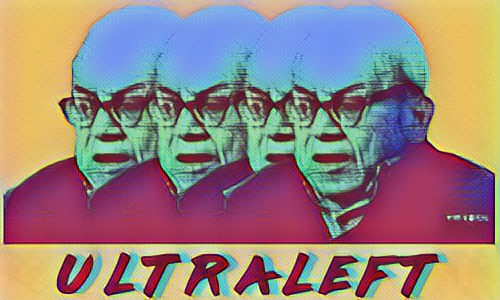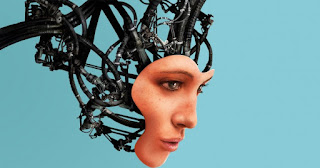Utopian Anarchism
All anarchists are utopian because they believe that it is possible to create an alternative society where the present-day social, economic and political evils have been diminished and humans can realize their full potential.
This ideal society rests on anarchism’s optimistic view that humankind’s capacity for development, and the creation of a harmonious social order, can be nurtured in the absence of the state. Almost every type of anarchist utopia is a decentralised society, based on free association and self-regulation, where people govern and organize themselves. For anarchists, this type of social arrangement maximises liberty, equality and solidarity.
Having said this, different strands of anarchism offer different visions of an ideal society. Collectivist anarchism, and anarcho-communists, call for a new utopian system that removes capitalism and the state, and introduces new social arrangements based on common ownership, mutual aid, economic equality and freely-formed communities. These anarchists argue that human altruism can be nurtured only under such circumstances. Individualist anarchists advocate a utopian system that has no state and (unlike collectivist anarchists and anarcho-communists) no social or economic organisation. Moreover, anarcho-capitalists envisage a stateless society based on unregulated economic competition, the pursuit of private property and a social balance created by competing individual interests.
It’s amusing when anarchists are accused of being too ideological or outright “Utopian,” in the naive sense of the word. It is especially so when such an accusation comes from liberals or state socialists (i.e. mainstream Marxists). Why is it amusing? Because of all political perspectives, Anarchism (i.e. Libertarian Socialism) is the only one with theories that have not been refuted by history itself! This “Utopian” accusation generally comes from two general sources. First there are those who support the current Capitalist system as is and only propose mild changes, such as more or less regulation of the economy. These would generally be the Social Democrats (or “Liberals” in US politics) or Conservatives in most political systems.
The other great accuser of utopianism is none other than the mainstream Marxist movements of Leninism, Trotskyism, Stalinism, Maoism and the like. As revolutionary anti-capitalist movements, they at least share some of the correct critical perspective on the current Capitalist system but they lose the ball when they turn around and accuse libertarian socialists of being naive for not promoting centralization, hierarchy structures and movements from above, that is, leadership from a minority of enlightened few.
A way of being pragmatic is to be anti-anti-utopian. It’s crucial to keep imagining that things could get better, and furthermore to imagine how they might get better. Here no doubt one has to avoid “cruel optimism,” which is perhaps thinking and saying that things will get better without doing the work of imagining how. Moreover, it is very easy to object to utopian politics by invoking some poorly-defined but seemingly omnipresent reality principle. But nonetheless, pragmatists understand that utopia is an ideal that will not be achieved but yet our aspirations will guide us. Pragmatists are not naive utopians but neither are they dismissive of the role utopian aspirations play in the implementation of real world betterment.
In the end, who is the ideologue? The one who looks at how humans currently and historically acted and interacted and makes a revolutionary theory to describe and lead to something better, or one who makes a theory which proves to be a failure in practice and then refuse to discard it? The authoritarian communist will say that “Of course we will learn from the mistakes our historical leaders made, we of course don’t want to repeat them. But that is no more different than the Liberals who after every Capitalist crisis declared that they will learn from the mistakes of the past and ensure a future with no crises and depressions. And when the next disaster comes, they are always oh so surprised. So who is the pragmatist? The utopian anarchist.




Comments
Post a Comment